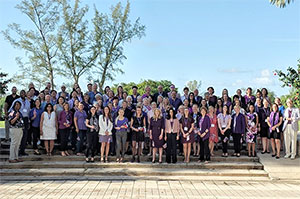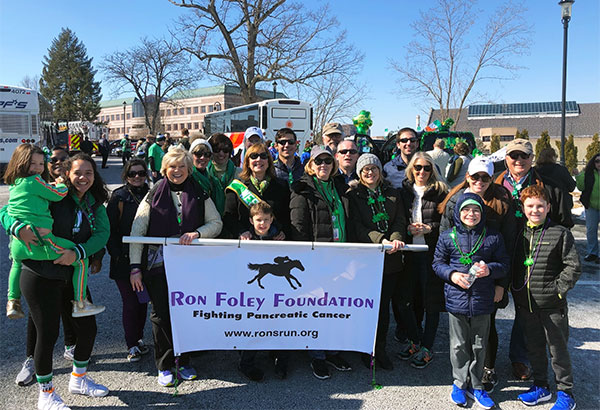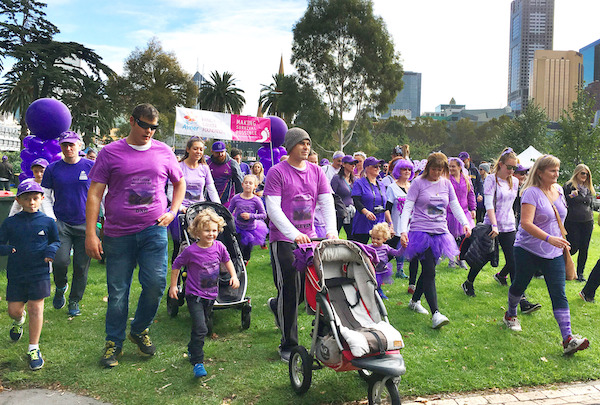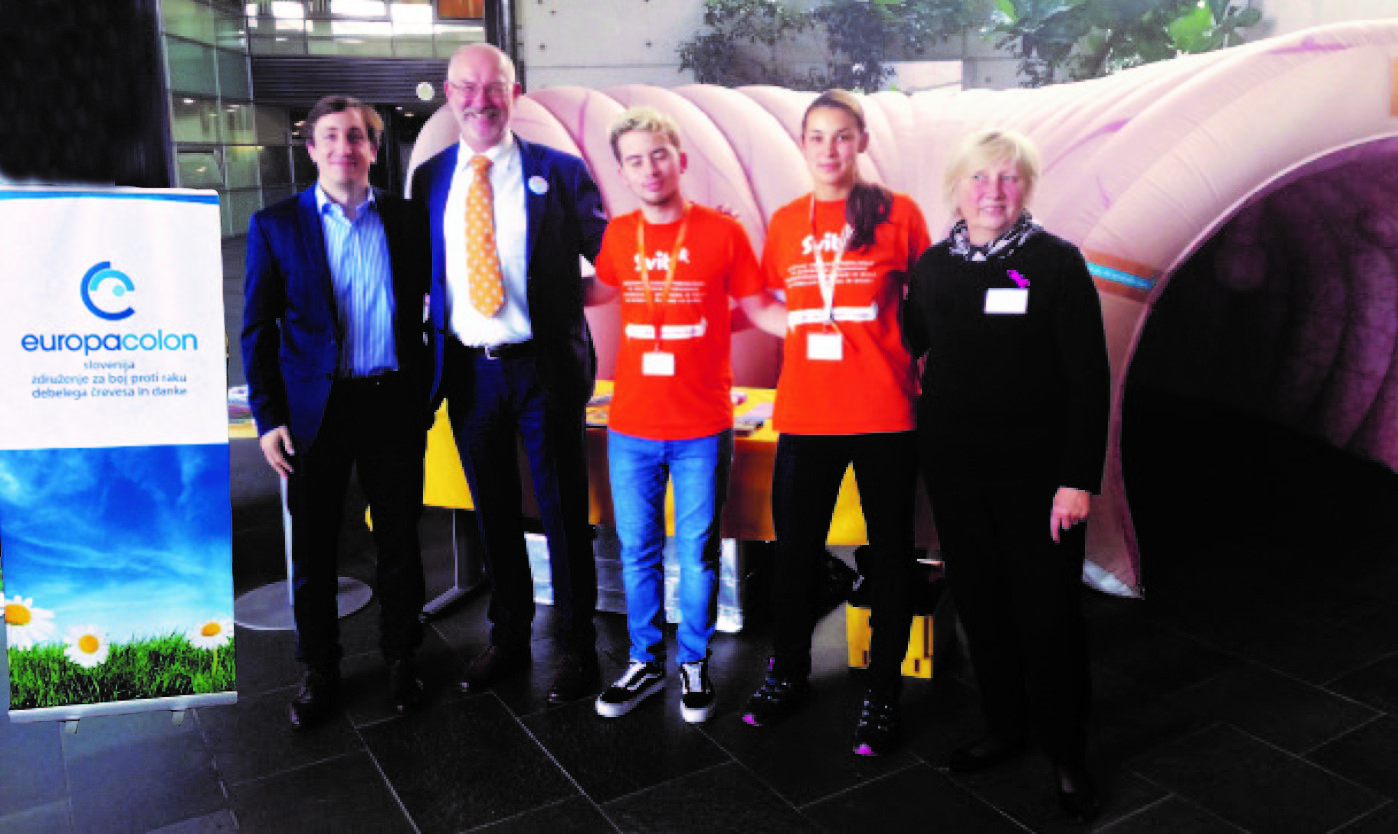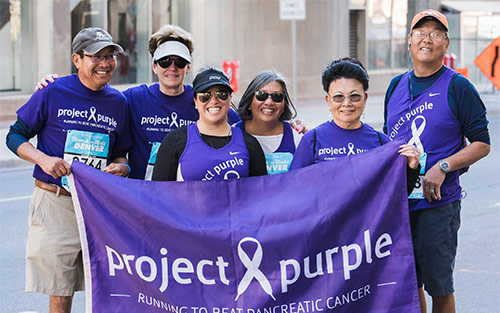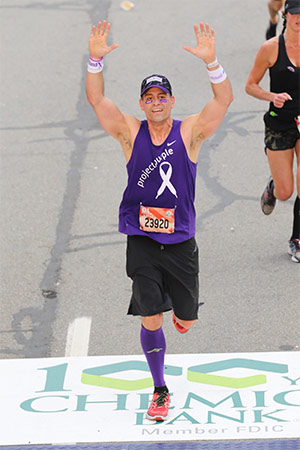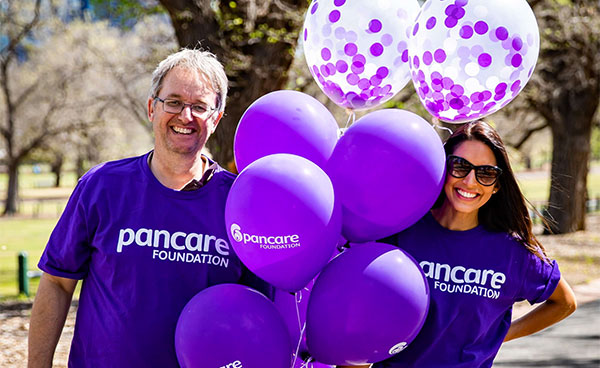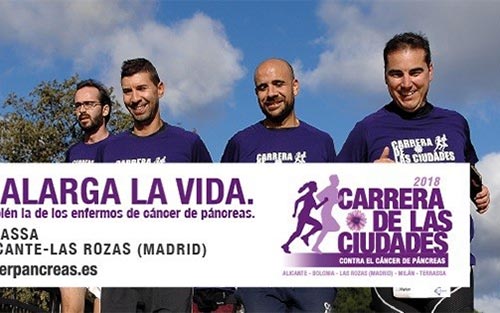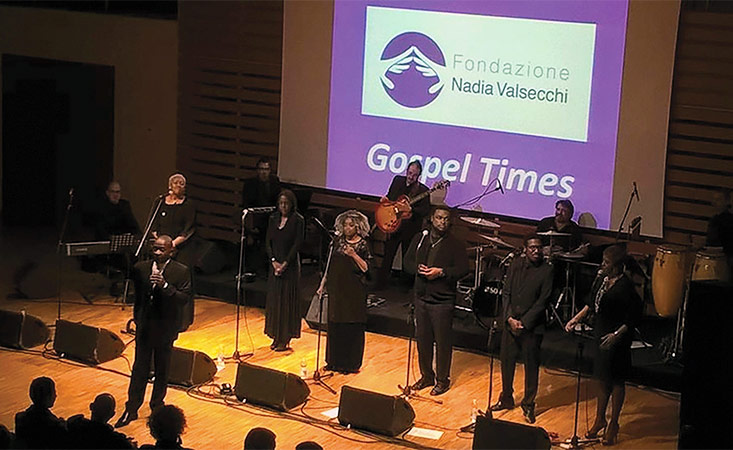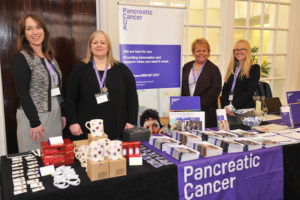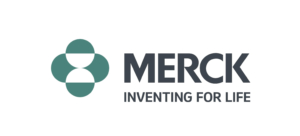Coalition members pose for a group shot. Nearly 50 organizations attended the WPCC meeting this year.
Nearly 50 organizations from across the world convened in Coral Gables, Fla., May 7-9, 2019 for the fourth annual World Pancreatic Cancer Coalition meeting — the largest international assembly of pancreatic cancer patient advocacy groups.
The meeting was inspiring for everyone in attendance with a focus on creating tangible change for the world’s toughest cancer. It served as an enjoyable reunion for Coalition members who had attended before, as well as a chance for new members like Pancreatic Cancer Awareness Gibraltar and Elvin Howard, Sr. Pancreatic Cancer Advocacy Foundation to meet other pancreatic cancer organizations for the first time. The meeting emphasized the collaborative nature of the Coalition and the willingness for all the member organizations to work together and push for progress.
“No one is going to get the job done alone,” said Julie Fleshman, JD, MBA, WPCC chair and president and CEO of the Pancreatic Cancer Action Network (PanCAN). “It’s only if we work together that we will accelerate progress…that’s what the Coalition is all about.”
The Coalition meeting served as an opportunity to lead active discussions on many topics including science, research, patient support, clinical trials and raising awareness.
The first day was packed with discussions and presentations highlighting important areas for tackling the disease on a global scale. Coalition members attended a general session focusing on the Science of Pancreatic Cancer: A Global Perspective as well as hands-on workshops. The key areas covered in the workshops included supporting pancreatic cancer patients, understanding clinical trials and media training. Members also heard from winners of Celgene’s ImpactPANC awards. Awardees from 2017 provided an update on their projects which focused on raising awareness of pancreatic cancer. Awardees from last year presented their winning projects and accompanying poster boards on supporting the needs of caregivers in pancreatic cancer.
The second day was focused on member to member engagement, as well as planning for World Pancreatic Cancer Day, which will take place on Nov. 21 this year.
“Sharing best practices and new learning through the WPCC members is crucial to improve patient outcomes in this disease,” said Jenny Isaacson, vice president of strategic partnerships for PanCAN and one of the meeting organizers. “The more we come together and share, the faster we’ll accelerate progress.”
Thank you to our World Pancreatic Cancer Coalition sponsors Celgene, AstraZeneca, Erytech, Novocure, Servier, TriSalus, Halozyme, Ipsen and TYME.

